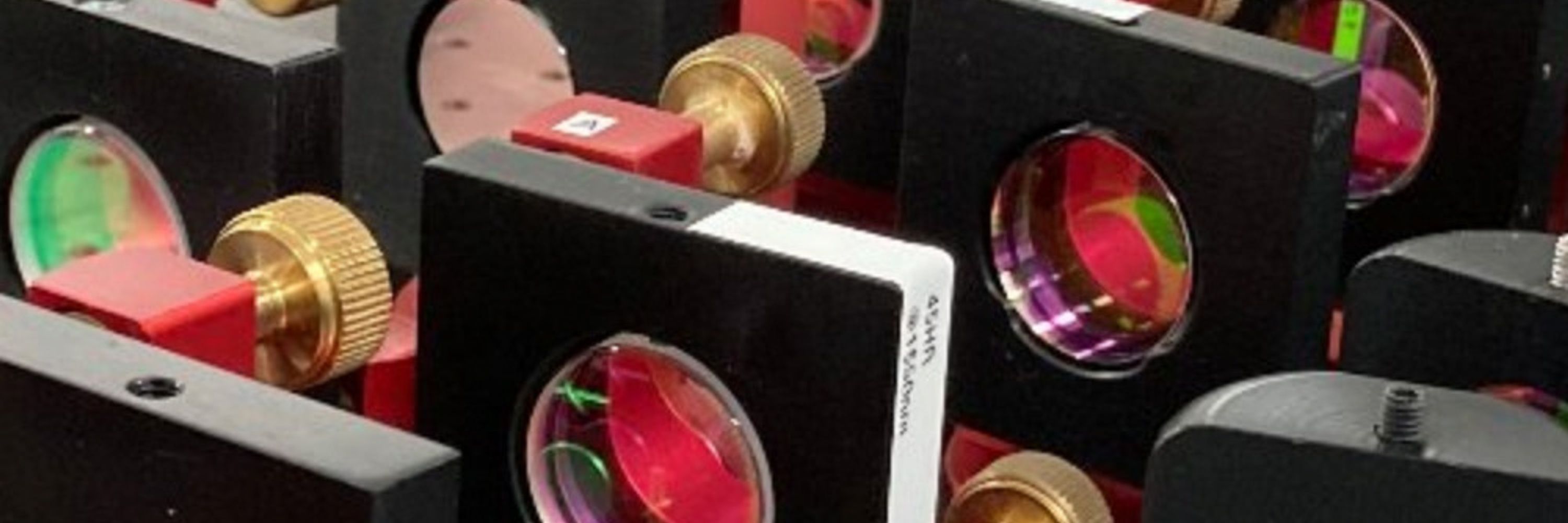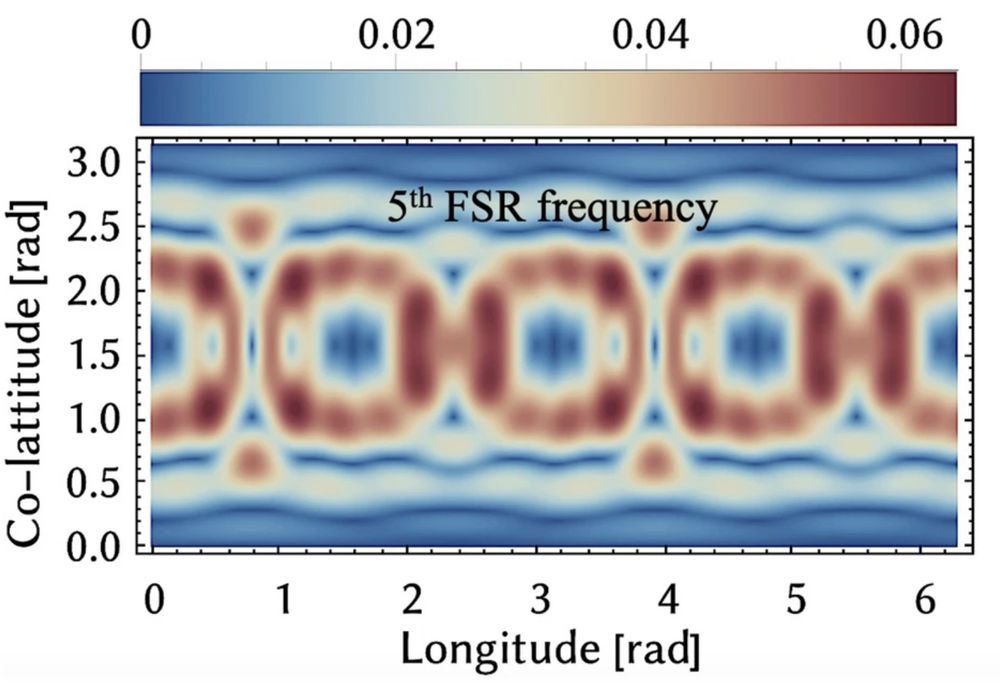
Have a look: www.nature.com/articles/s41...

Have a look: www.nature.com/articles/s41...

Not the case for other points on the sky (like on the image here)!

Not the case for other points on the sky (like on the image here)!
www.nature.com/articles/s41...

www.nature.com/articles/s41...
[1] journals.aps.org/prd/abstract...
[1] journals.aps.org/prd/abstract...
So...
So...
Luckily, we have another way to measre the speed of gravity: using the delay in arrival of a GW to different detectors.
Luckily, we have another way to measre the speed of gravity: using the delay in arrival of a GW to different detectors.
Curiously, I haven't found this argument anywhere in the literature. So I want to argue that we actually have measured the one-way speed of light. Using...gravitational waves!
In 2017, we saw GWs and light coming from the neutron star merger GW170817. From this measurement, we...
Curiously, I haven't found this argument anywhere in the literature. So I want to argue that we actually have measured the one-way speed of light. Using...gravitational waves!
In 2017, we saw GWs and light coming from the neutron star merger GW170817. From this measurement, we...

